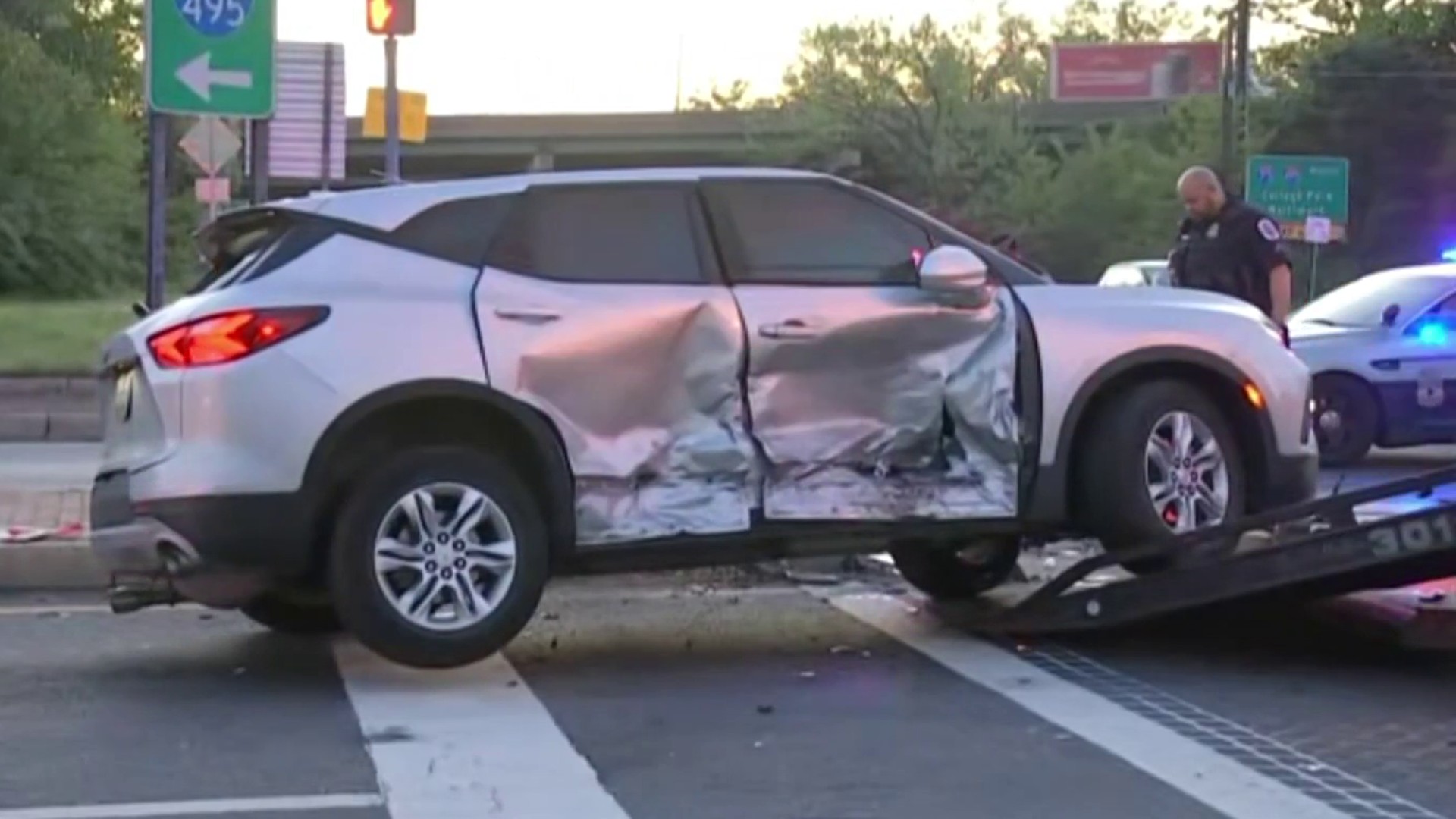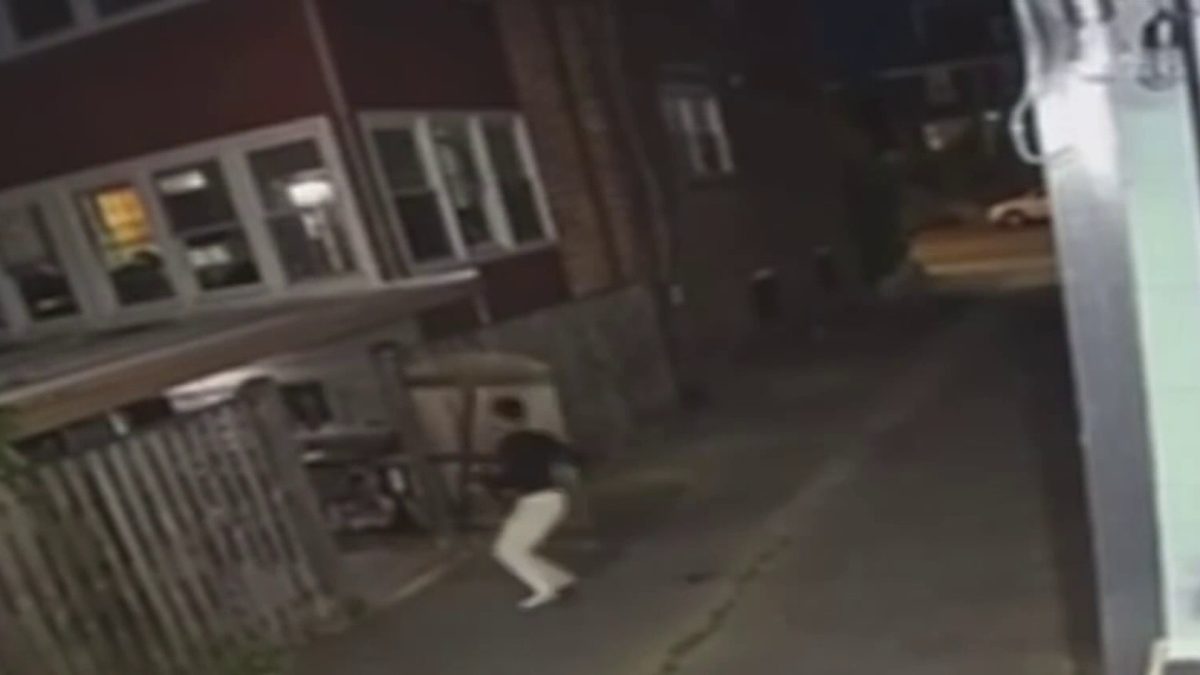What to Know
- Metro will have to make massive cuts to service without significant federal stimulus funding, the general manager said.
- Officials said they may have to close 19 Metro stations and end service on 19 bus lines.
- Weekend Metro service would end.
Members of Congress included $15 billion for transit in a COVID-19 relief bill on Tuesday, a day after officials with D.C.’s Metro system said they would need to significantly cut service without federal relief funds.
A bipartisan group of lawmakers including Sen. Mark Warner, D-Va., Joe Manchin, D-W.Va., and Susan Collins, R-Maine, proposed $908 billion in a split-the-difference solution to the months-long impasse, aiming to ship overdue help to a hurting nation before Congress adjourns for the holidays.
Warner urged his colleagues to reach an agreement before the holidays.
”It would be stupidity on steroids if Congress left for Christmas without doing an interim package,” he said.
We're making it easier for you to find stories that matter with our new newsletter — The 4Front. Sign up here and get news that is important for you to your inbox.
Local
Washington, D.C., Maryland and Virginia local news, events and information
Warner spoke specifically about Metro’s announcement and said it would “have a dramatic effect on the functions of the federal government, as well as constituents across the tristate area.”
Metro is considering the following:
- 30-minutes wait times between trains on every line
- No service on Saturday and Sunday
- Metrorail hours reduced to 5 a.m. to 9 p.m. Monday through Friday
- Closing 19 stations
- Metrobus service reduced from 60 to 41 lines
It’s not clear yet how much of the $15 billion Metro could get if the bill passes.
Some transit advocates said they were concerned $15 billion would not be enough to meet transit agencies’ needs.
Here's a map of Metro stations that would close, including the Clarendon, College Park, Federal Triangle and Smithsonian stations.
General Manager Paul Wiedefeld said Monday that Metro is also looking at layoffs, freezing pay raises and trying to work with unions representing employees to lower some costs.
"From where I sit, it is clearly the toughest decisions that we've ever had to make,” Wiedefeld said in a video call with reporters.
Any cut is painful. That’s just the reality of what we are up against right now
Metro General Manager Paul Wiedefeld
Wiedefeld said the agency needs more federal Coronavirus Aid, Relief, and Economic Security Act (CARES) stimulus funding to prevent such changes.
He said Metro has a budget gap of almost a half a billion dollars as it has seen record-low ridership during the pandemic.
"Any cut is painful. That’s just the reality of what we are up against right now. So we don’t take it lightly,” he said.
The public will have a chance to weigh in before any changes would go into effect in July 2021.



